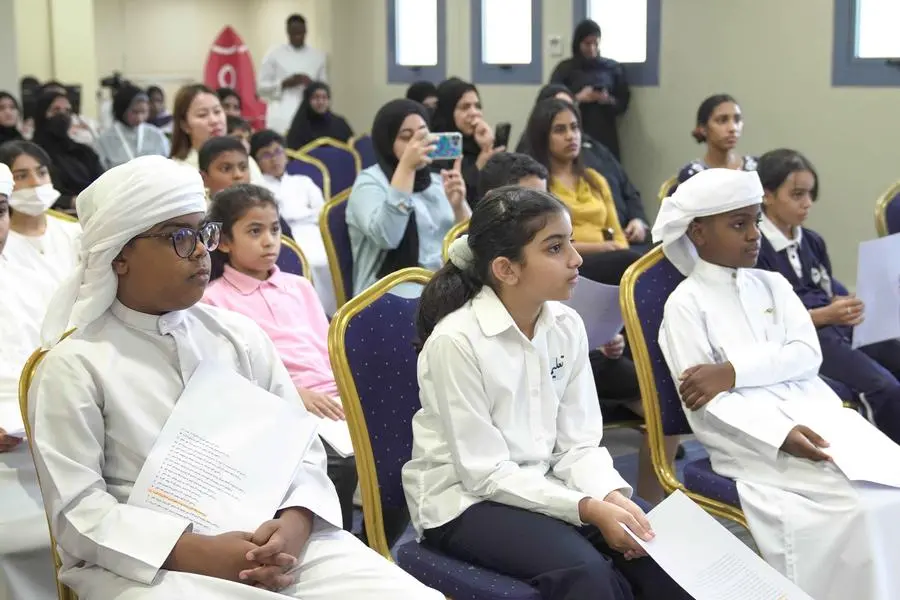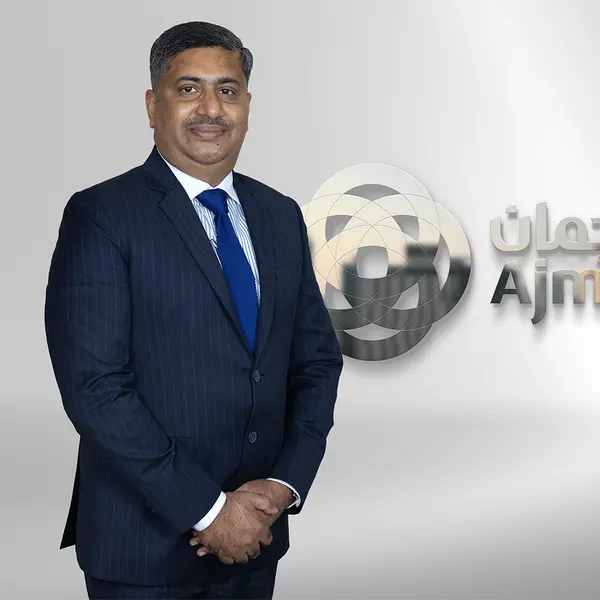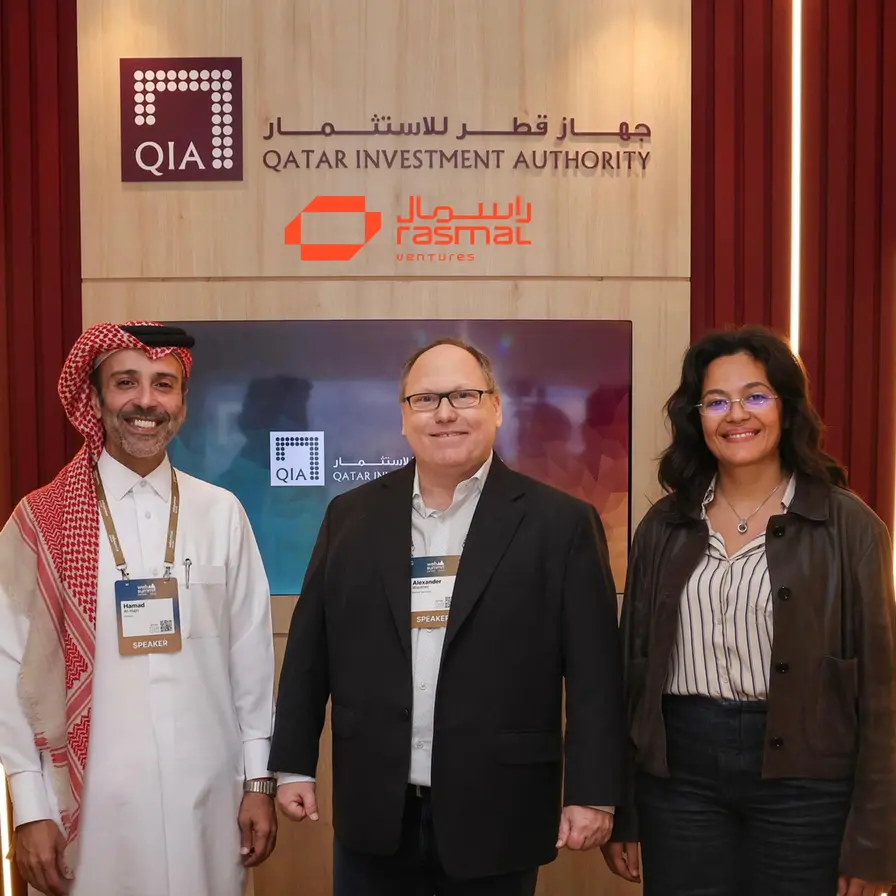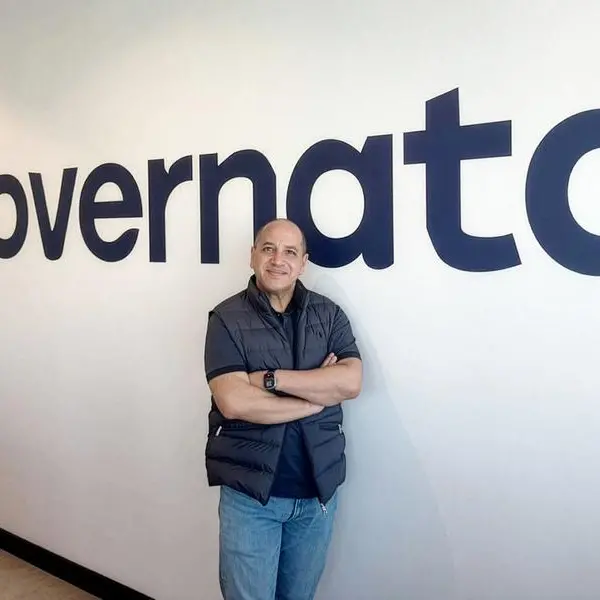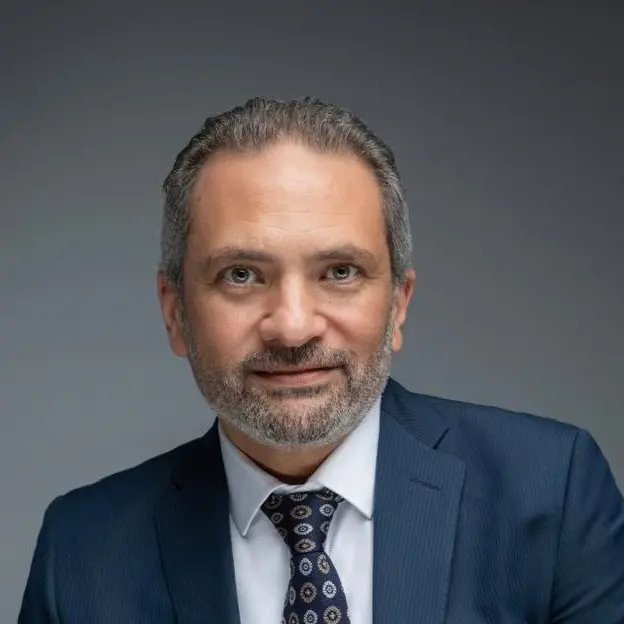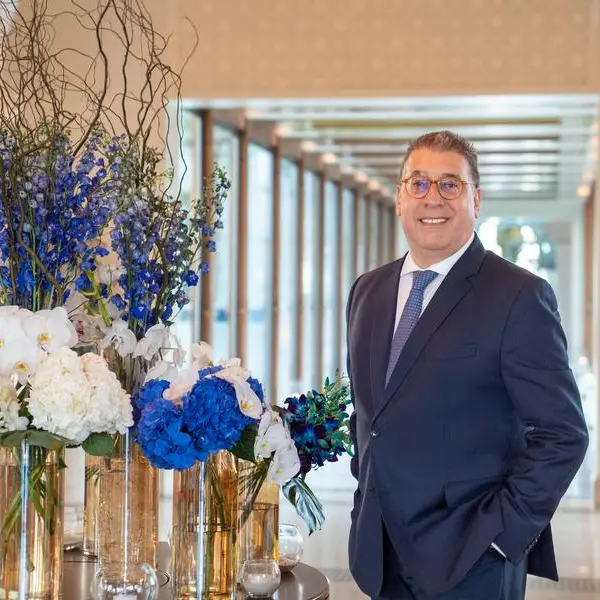PHOTO
- 25 students from various classes participated in the session
- The students were also briefed about MBRSC and their projects, space stations as well as provided ham radio training
Dubai – UAE: The Mohammed Bin Rashid Space Centre (MBRSC) today announced that a ham radio session with astronaut Sultan AlNeyadi from the International Space Station (ISS), under ‘A Call from Space’ event was successfully held at the Mushairif School, Cycle 1-Ajyal in Ajman, in collaboration with the Emirates Amateur Radio Society (EARS) and Emirates Literature Foundation (ELF). Ham radio, or amateur radio, uses a broad spectrum of frequencies to communicate between individuals, groups, and even remote regions and space, making it a valuable communication tool.
The ham radio session, the fourth in a series of 10, was held as the ISS passed over the region, with 25 students from various classes participating. The session is part of the ELF in Space initiative, between MBRSC and Emirates Literature Foundation, which aims to bring space closer to the community.
Adnan AlRais, Mission Manager, UAE Astronaut Programme, said, “This unique interaction with Sultan AlNeyadi, live from the ISS, brings the wonders of space directly to students, inspiring them to consider the vast possibilities beyond our planet. It is heartening to see the students' enthusiasm during these sessions as they learn more about life in microgravity, the crucial scientific experiments being conducted, and its importance for mankind. We believe such sessions cultivate curiosity and encourage a stronger pursuit of STEM fields, contributing to our nation's goal of becoming a leader in space technology and exploration."
The session commenced with an introduction to MBRSC and its endeavours, followed by a presentation about space stations, offering attendees a glimpse into mankind's exploits in space. Additionally, students received training on the usage of ham radio, simplifying details about the essential communication device that has been in use since the 20th century.
This was followed by the live ham radio session lasting 10 minutes with astronaut Sultan AlNeyadi. Participants from different classes had the opportunity to ask AlNeyadi a variety of space-related questions, such as the training required for space missions, how UAE culture influences work on the ISS, the importance of international collaboration in space exploration, future plans after returning to Earth, and how going to space changes one's perspective, among others.
In response to a student's question about how the UAE's focus on environmental conservation aligns with its space exploration goals, AlNeyadi answered, "It is important to protect our planet. The UAE, along with its partners, is working to advance technologies that help sustain life on Earth. Our work on the International Space Station reflects our commitment to protecting our planet. Additionally, the UAE is hosting COP28 later this year, which demonstrates our dedication to the cause of environmental protection."
The UAE Astronaut Programme is one of the projects managed by MBRSC under the UAE’s National Space Programme and funded by the ICT Fund of the Telecommunications and Digital Government Regulatory Authority (TDRA), which aims to support research and development in the ICT sector in the UAE and promote the country’s integration on the global stage.
-Ends-
For Media Queries:
MBRSC Media Team - mbrsc@quillmena.com
ABOUT MOHAMMED BIN RASHID SPACE CENTRE (MBSRC):
MBRSC is an advanced scientific and technological hub, responsible for making the UAE a world leader in space services and exploration.
Established in 2006, the Mohammad Bin Rashid Space Centre (MBRSC) started out with five engineers, who took it upon themselves to develop their capabilities and expand their knowledge in the field of space, relying on strong will and solid determination. Since then, the centre has continued its journey to be the incubator of the “UAE National Space Programme”. The MBRSC has undertaken the tasks of building, developing, and operating a number of Earth observation satellites, providing imaging services, analysing and studying them, as well as producing relevant data to scientific communities and research centres around the world. Among the satellites that the centre operates are DubaiSat-1 & DubaiSat-2. The MBRSC is also responsible for KhalifaSat, celebrated as the first satellite that was fully built by Emiratis in 2018. Recently, the centre revealed its plan to develop the new satellite MBZ-SAT, which is expected to be launched at the end of 2023 and to be the latest in the field of high-resolution imaging from outer space.
